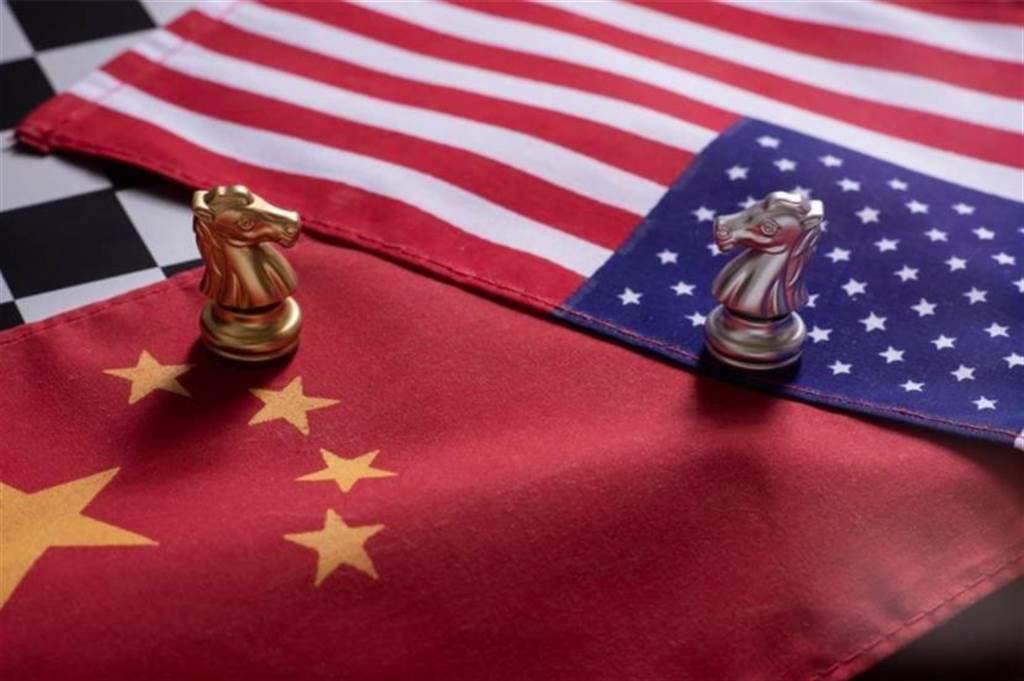
US-Taiwan Relations in an Age of Competition for Power
Beyond its unchanging geography, Taiwan is embedded in the current strategic mosaic of the competing powers: The United States highly values democracy but, in fact, cares most about the ability to defend itself as a front-line fortress, while the Mainland swears by national rejuvenation but is in reality concerned most with the closeness of Taiwan-U.S. relations.
“Now is the best time for Taiwan-U.S. relations” is a phrase that all presidents have uttered since Lee Teng-hui and is actually nothing new to those in the diplomatic service; if anything, saying so comes with a certain amount of stress. The key to properly managing the relationship between Taiwan and the United States lies in the degree of similarity in how the two sides appraise the situation, and the extent to which their respective interests overlap.
The rapid rise of mainland China has narrowed the gap between China’s strength and that of the United States, while the expansion of the Belt and Road Initiative, a self-aggrandizing declaration that “the East is rising, and the West is falling,” and a regime where there is a sole authority, have caused the United States to lose interest in listening to the Middle Kingdom.
With the U.S.-Chinese relationship shifting from one of expanding engagement to one of intensifying competition, gradually touching off a sense of cross-party collective anxiety and restriction, the pressure on Taiwan to manage its relationship with the United States is becoming ever greater.
The United States is important to Taiwan in a multitude of ways: as a strategic lever in propping up the cross-strait power imbalance; as the only power that can resist pressure and maintain regular arms sales to Taiwan; as an important source of knowledge and high-end technology in various fields; and as a key factor influencing voter behavior and electoral success in Taiwan. However, this highly asymmetrical relationship between the United States and Taiwan is well known and not up for debate.
Were it not for the obstacle that is COVID-19, many more of our Taiwanese colleagues would be able to experience firsthand the tremendous anti-China atmosphere in the United States, whether in the dignified corridors of Capitol Hill, or in the conference rooms of government agencies and policy think tanks. Long-time friends of the United States will have taken note of the term “engagement,” seldom heard these days. In its place is “security — strategic security, national defense security, economic security, high-tech security and industrial chain security.
In a congressional hearing, the assessment from the director of the U.S. Defense Intelligence Agency was that the Chinese Communist Party would have the capacity to use full-scale force against Taiwan by 2027, a view that is reinforced by the announcement earlier this year of an open-ended partnership between Russia and China and by Russia’s resolute use of force against Ukraine, convincing Washington all the more of its authenticity. Even though, according to the polls in Taiwan, many here do not believe that the Mainland will attempt unification by force in the near future, Taiwan, which draws logical parallels with Ukraine’s plight, has become a source of additional pressure on the United States.
The argument that there is bound to be a war between the United States and China and that the Mainland will definitely use force against Taiwan is nothing new, but estimates of what might happen in 2027 or 2035 will involve a completely different defense strategy and preparation for war. If Taiwan and the United States do not see eye to eye on the possibility of war in the Taiwan Strait, and yet we claim that “now is the best time for Taiwan-U.S. relations,” does our government have any intelligence to support and prepare for serious discussions with the United States, and does it dare to risk offending the United States by engaging in straight talk?
Taiwan’s Democratic Progressive Party elite, having only for the first time this century won the opportunity to govern, should now at last learn the difficulties of managing Taiwan-U.S. relations and the pain of having to endure asymmetric pressure. Although the United States is a hegemonic power, it also has the capacity to reason with others; and although it is a powerful country, it is also a nation that respects the brave. Therefore, the proper management of our relationship with the United States should not be a question of simply doing what we are told, nor should being pro-U.S. mean taking things at face value for it to be possible to win America’s sincere appreciation and support.
The true meaning of the so-called pro-U.S. position is not one of an obedience contest among [Taiwan’s] political parties, but a natural meeting of values between Taiwan and the United States, in the spirit in which they were founded; a strategic arrangement under which the national interests of each side prevail, as does the well-being of their people; and one whose purpose remains anchored in the dignity, security and long-term survival and development of the country.
The 111-year-old Republic of China is a republic of the people, by the people and for the people. Taiwan should be the site of exchange between Asian and Oceanic civilizations, not a site for exchange of fire in hegemonic power struggles. In practicing democratic politics, accumulated experience with the value of freedom is a precious commodity to be shared by Chinese people all over the world. The light emanating from Taiwan, which is regarded as a beacon of democracy, should not shine on the free area of the Republic of China alone, of course.
It is only in having our own vision that we can have a Taiwan-U.S. relationship that “unites with peoples of the world who treat us equally, together to carry out our common fight.”
The author is an associate professor at Taiwan’s Graduate Institute of International Affairs and Strategic Studies, Tamkang University, and chairman of the Association for Strategy and War Model Research.
